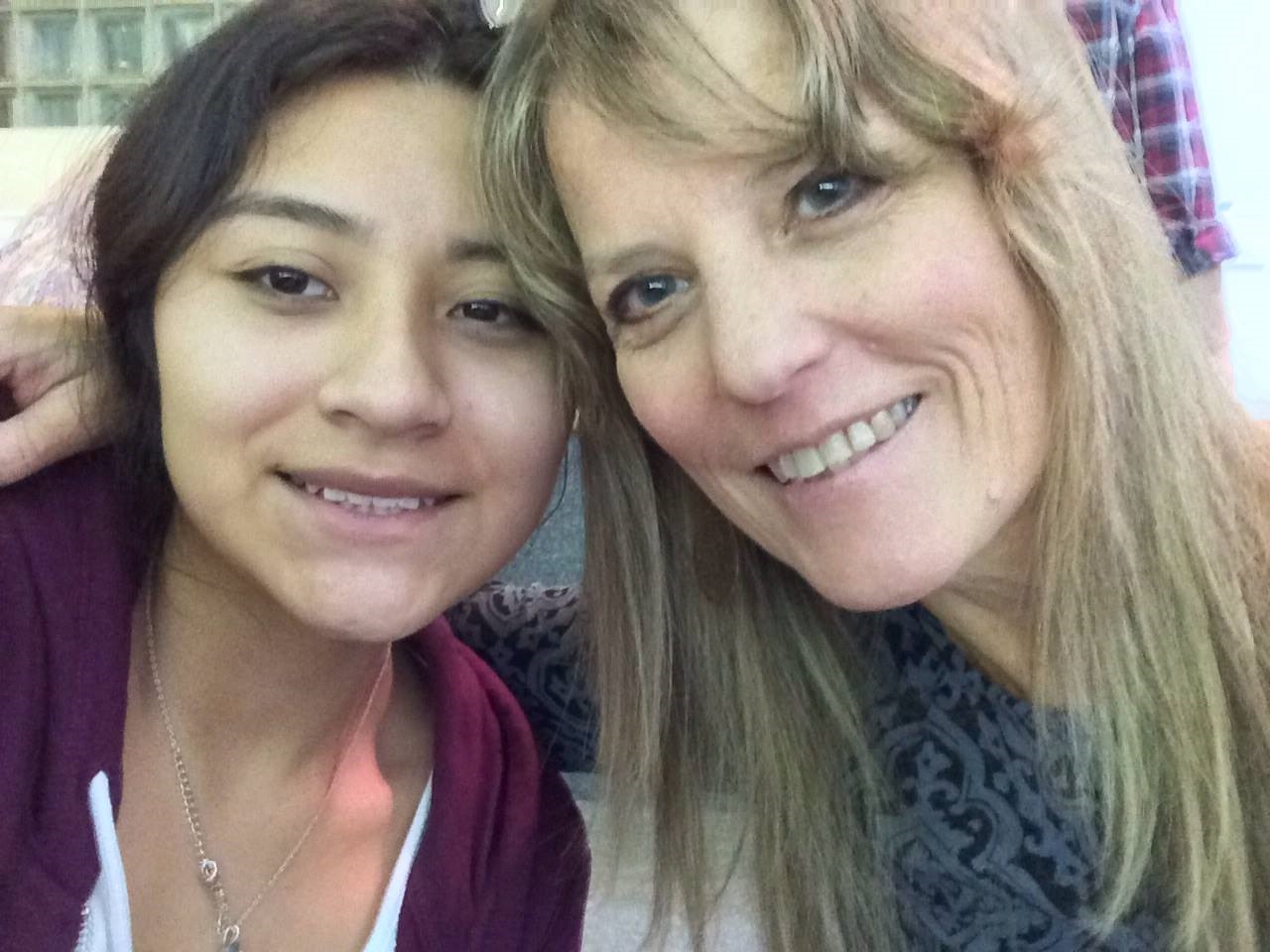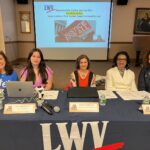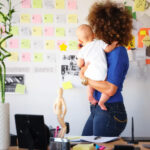By Jenna Kern-Rugile, Director of Communications, North Shore Child & Family Guidance Center
My daughter Maya is now 19, but the questions and puzzled looks still arise at times. When I recently took her to a new doctor, for example, he walked into the office and, in a somewhat surprised tone, asked, “Are you her mother?”
Yes, I am her mother. True, she doesn’t look like me. She arrived at JFK and in our lives on November 24, 2001 when she was 16 months old. Maya was born in Guatemala, and we are blessed that her birth mother placed her for adoption. (See “Airborne to New Motherhood” to read more.)
From the very start, strangers asked questions. At the library, one woman said, “Is she yours?” At the park, another said “Are you her real mother?”
When she was a little girl, it wasn’t uncommon for other children to ask why we didn’t look the same. I’ll never forget one day in the playground, when Maya was about three years old and a child said, “That can’t be your mom!” Maya was confused, hurt and angry.
The truth is, the vast majority of people—and especially young children—mean no harm when they say such things. As an adoptive interracial family, we grew accustomed to it; we answered most questions by simply saying, “Yes, I’m her real mother. Families are made in all different ways, and ours was made through adoption.”
Still, when Maya was young, these episodes stung. Now that she’s a young adult, the questions don’t come up as often—probably because she spends more time out with friends than with me!
Regardless, I still see and hear language surrounding adoption that ranges from the misinformed to the inherently biased. Why, for example, would a newspaper story write something like, “Jane Smith is the mother of three children and one adopted child?” when adoption has no relevance to the content?
The bottom line: Education about adoption language is always a good thing. November is National Adoption Month, and in the spirit of sharing knowledge, here are some do’s and don’ts from Healthychildren.org:
DO: Use the words “birth child” and “adopted child” only when they are relevant to the discussion; otherwise simply use “child.”
DON’T: Refer to a child born to his parents as the parents’ “real child,” “own child,” or “natural child.” A child who was adopted is very real and not at all unnatural; she is very much her parents’ “own child.”
DO: Use the words “birth parents” or “biologic parents” only when asking about them is relevant.
DON’T: Refer to the child’s birth parents as his “real parents” or “natural parents.” Adoptive parents are very real and natural.
DO: Treat siblings who joined families by birth or adoption equally. They are loved equally by their parents and experience all of the joys and trials of any sibling relationship.
DON’T: Distinguish between children who were adopted into the family and children who were born into the family unless it’s relevant.
DO: Describe birth parents as choosing “to make an adoption plan for the child” or “to place the child for adoption.”
DON’T: Refer to a child as being “put up” or “given up” for adoption. Most birth parents have thought long and hard about their decision to place a child for adoption. It is very important to a child’s self-esteem to know that her birth parents loved her and worked hard to reach a decision that they felt to be in her best interest.
DO: Recognize that families come in all shapes and sizes. Some families may have a single adoptive parent or permanent legal guardian and no other legal parent. Others families have same-sex parents.
DON’T: Assume that the child has two opposite-sex parents.
DO: Recognize that a child understands adoption gradually as she grows, just as with all other developmental tasks.
DON’T: Ask, “Are you going to tell your son that he’s adopted?” Adoptive parents are encouraged to talk freely and honestly about adoption from the time their child is very young so that there is never a time in the child’s life when this information comes as shocking news.
DO: Be sympathetic with the long and sometimes arduous path that parents have traveled to become parents. Some may be experiencing significant financial stresses after the adoption, some may still be grieving infertility losses, and some may be coping with extended family members who do not accept the new member of the family. Recognize that even though the child may not be a newborn, the adults may be new parents. Recognize that post-adoption depression exists and is similar to post-partum depression.
DON’T: Ask, “How much did you pay for your daughter?” Children are not bought. Fees go to pay social workers and attorneys, to complete court and government paperwork, to cover travel, medical, foster/orphanage care, and other expenses, not to “buy children.”
Do you have advice or a story to share? Contact Jenna at jkern-rugile@northshorechildguidance.org.
Source:
















